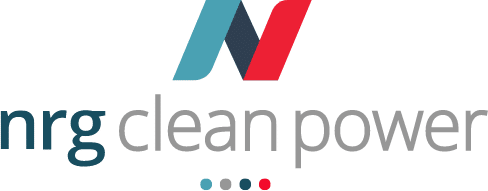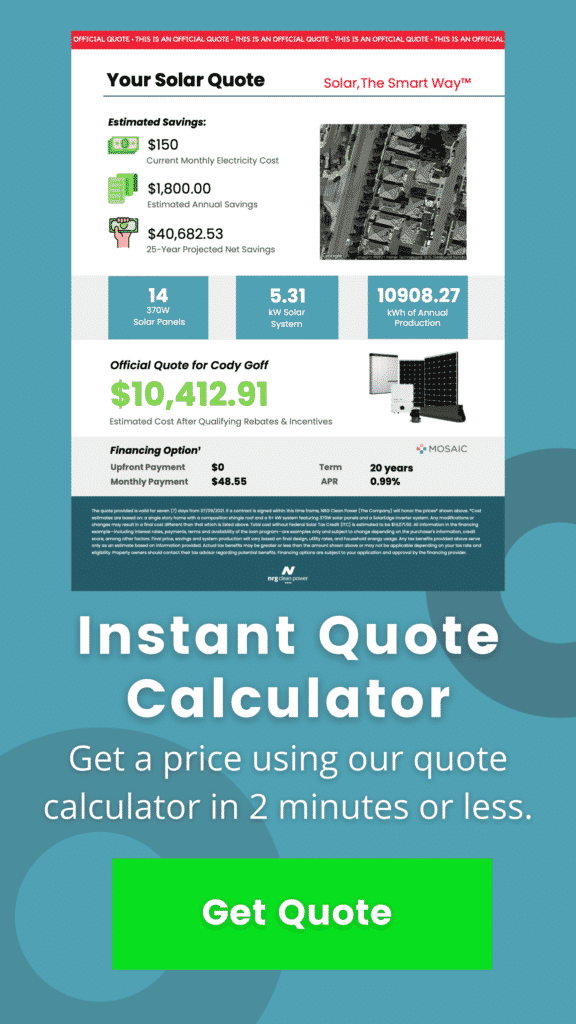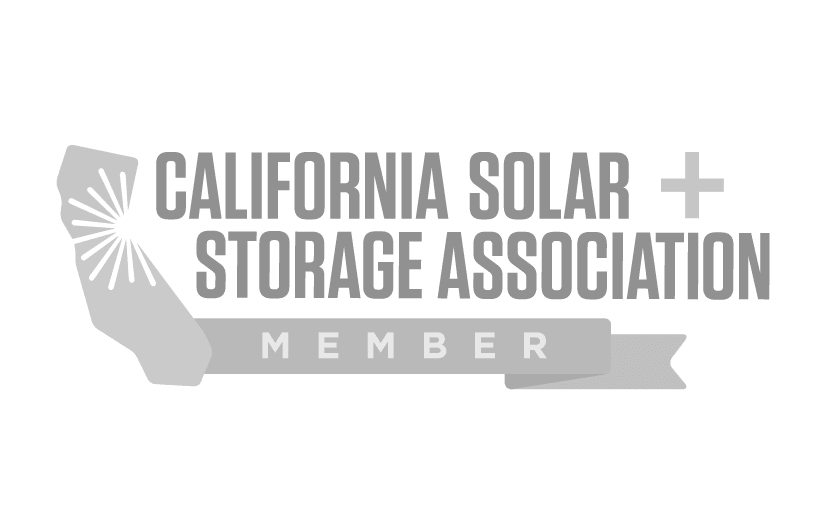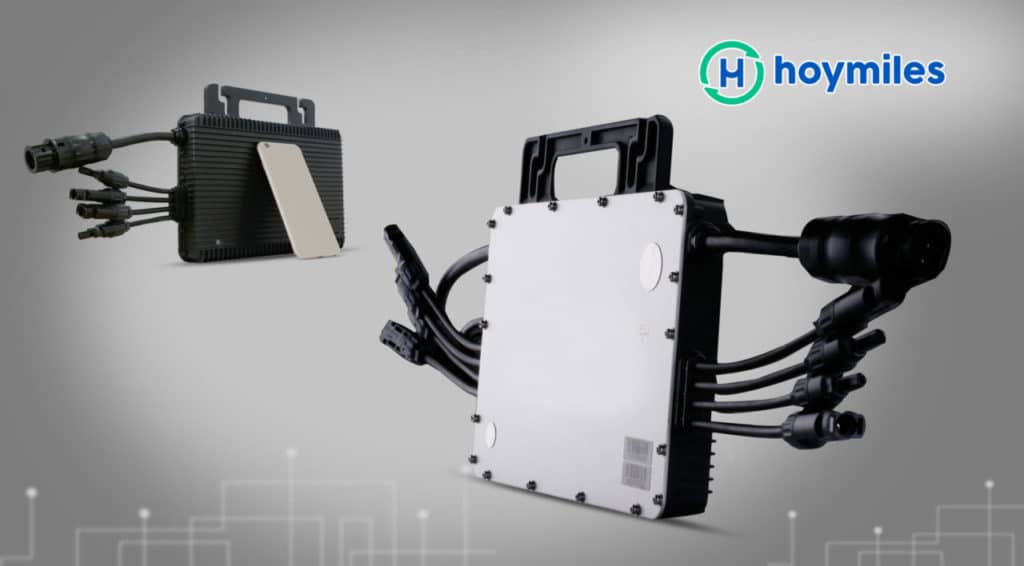
Looking for an in-depth Hoymiles microinverter product review? We’ve got you covered.
The use of solar panels for residential and commercial properties has risen in recent years. To optimize the energy output of solar panels, it is essential to have a reliable inverter system. Inverters convert the direct current (DC) generated by solar panels into alternating current (AC) that can be used by household appliances and fed back into the grid.
The microinverter has gained popularity in recent years- primarily because of its flexibility, reliability, and efficiency. In this review, we will take an in-depth look at the Hoymiles Microinverter and how it compares to other brands on the market.
All About Microinverters
Microinverters are small inverter systems installed behind each solar panel. Unlike traditional string inverters that are installed at a central location, microinverters allow for individual optimization of each panel’s energy output, resulting in higher energy yields. Microinverters are also known for their reliability and durability, as a single malfunctioning panel does not affect the entire system.
About Hoymiles Microinverters
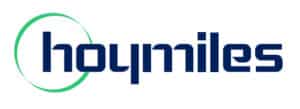
Hoymiles is a China-based company that has been producing high-quality solar microinverters since 2012- and is currently a market leader in the inverter manufacturing industry. Hoymiles offers a wide range of microinverters suitable for different panel sizes and output capacities. The company’s microinverters are known for their competitive pricing, durability, and efficiency.
Price
One of the most significant advantages of the Hoymiles Microinverter is its competitive pricing.
Priced lower than many other popular microinverter brands, it makes an excellent option for those looking to keep their solar panel system installation costs down.
The single phase 300-1500 W unit retails at $488 online, about $1500 cheaper than its nearest competitor.
The lower price does not mean that the inverter’s quality is inferior. The Hoymiles microinverter is a cost-effective option that delivers reliable and efficient energy conversion for your solar panels.
Ease of Installation
The compact design of the Holymiles microinverter allows it to fit easily behind each panel, eliminating the need for extensive wiring and cabling and making the installation process faster and more straightforward. The microinverter also has fewer components- making it more manageable to handle during installation. It comes with detailed installation instructions, making it easy for qualified electricians to install the microinverters quickly.
Adherence to U.S. Compliance Requirements
The Hoymiles Microinverter complies with all U.S. regulations and standards, including UL and FCC certifications. The inverter is also compliant with NEC 2017 and 2020, making it a reliable and safe option for U.S. solar panel installations.
Monitoring Hardware
Hoymiles provides monitoring hardware with its microinverter system, allowing you to keep track of your solar panel’s performance. The monitoring system provides real-time data, including energy production, panel temperature, and other performance metrics, making identifying any issues easier and ensuring optimal system performance. The monitoring system also sends alerts in case of system issues, ensuring any problems are resolved quickly.
Warranty
Hoymiles offers a 25-year warranty on its microinverter system, one of the most extended warranties in the solar industry. The company also provides a 10-year warranty for its monitoring hardware, ensuring customers have peace of mind.
Hoymiles Vs. Other Brands
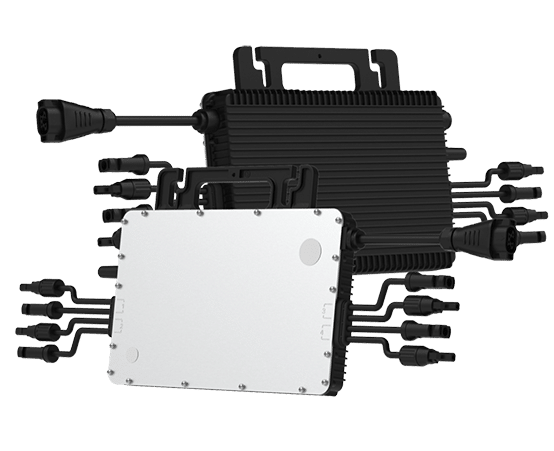
When it comes to microinverters, Hoymiles competes with other leading brands like Enphase. Both brands have similar features and benefits, including high energy production, improved safety, and reliable monitoring systems.
Price
One of the significant differences between the two brands is the price. Hoymiles microinverters are generally less expensive than Enphase, making them an attractive option for homeowners looking to save money. However, Enphase has a larger market share and has been in the industry longer, which may make it a more trusted option for some consumers.
Installation
In terms of installation, both Hoymiles and Enphase microinverters are designed to be easy to install. However, some installers have reported that Hoymiles microinverters can be easier to install because of their simple design and ease of use.
Compliance
Regarding compliance with U.S. regulations, both brands comply with all relevant standards and regulations, including UL 1741 and NEC 2017. However, Enphase is headquartered in the U.St., which may provide some consumers with additional peace of mind regarding compliance.
Monitoring
Both brands also offer monitoring systems that allow homeowners to track their energy production and identify any issues quickly. However, Enphase’s monitoring system is considered more advanced and provides more detailed information on system performance, including individual panel performance.
Warranty
In terms of warranty, both brands offer a 25-year warranty on their microinverters. However, Enphase provides a more comprehensive warranty covering the cost of labor for repair or replacement, while Hoymiles covers the cost of the microinverter only.
Conclusion
Overall, both Hoymiles and Enphase are excellent choices for homeowners looking to install microinverters on their solar panels. While Enphase may offer a more advanced monitoring system and a more trusted brand, Hoymiles provides an affordable option with an easy-to-use design to help homeowners save money on installation. Ultimately, the choice between these two brands may come down to personal preferences and the specific needs of your home and solar system.
User Speak
“Hoymiles specs say these microinverters can operate at up to 65C ambient temperature, with the warranty intact. Enphase is at only 60C. I’ve done a lot of projects in the California central valley in desert areas like Lost Hills and Dos Palos, on the ground and on metal roofs. I’ve monitored temperatures inside closed metal boxes in direct sunlight, and the maximum I’ve ever seen inside the box was 70C. Outside, it could be 40C, but these inverters are rated for that.”
– ncsolarelectric
Engineering Support CEO · From Statesville NC
“With Hoymiles, you get quality products, high performance, intuitive monitoring, and a special level of attention from the staff. It’s a closer level of partnership.
– André Hipólito Carvalho
Genyx Solar Power
“We opened Hoymiles microinverters up and found high-quality components throughout. And that’s confirmed by our installers – zero defective microinverters to date.”
– Andrew Bagley
Skylit
Frequently Asked Questions
What are the Advantages of microinverters For Homeowners?
Microinverters provide several advantages to homeowners, including increased energy production, improved safety, and better monitoring. Unlike traditional string inverters, microinverters operate independently for each panel, allowing each panel to perform optimally, resulting in higher energy production. Microinverters also improve safety by converting DC to AC at the panel level, reducing the risk of high-voltage DC power on the roof. Additionally, microinverters come with monitoring systems that provide real-time data on system performance, allowing homeowners to track their energy production and quickly identify any issues.
What is the DC/AC Ratio of Hoymiles microinverters?
The DC/AC ratio of Hoymiles microinverters varies depending on the model. However, all Hoymiles microinverters have a high DC/AC ratio, meaning they can convert a high percentage of the DC power generated by solar panels into usable AC power for your home.
Are Hoymiles Microinverters Manufactured in the USA?
No, Hoymiles microinverters are not manufactured in the USA. Hoymiles is a China-based company that manufactures its products in China.
Where Do I Buy a Hoymiles Microinverter?
Hoymiles microinverters are available for purchase through authorized distributors and dealers. These dealers can be found on the Hoymiles website.
Can I Install a Hoymiles Micro Inverter Myself?
Hoymiles recommends that a licensed electrician installs their microinverters. While the installation process is straightforward, it involves electrical work, which can be dangerous if not done correctly. Therefore, hiring a qualified electrician to install the microinverter is best.
What is Derating?
Derating is the process of reducing the power output of an inverter to avoid overheating and ensure optimal performance. Microinverters like Hoymiles can operate at high temperatures. But when the ambient temperature exceeds a certain level, the inverter’s power output is automatically reduced to prevent overheating and damage to the system.
What is MPPT Efficiency?
Maximum Power Point Tracking (MPPT) efficiency is the ability of an inverter to track the optimal voltage and current of a solar panel to achieve maximum energy production. MPPT efficiency is essential because it allows the inverter to convert as much DC power as possible into usable AC power, resulting in higher energy production. Hoymiles microinverters have a high MPPT efficiency, resulting in optimal energy production from your solar panels.
Conclusion
The Hoymiles Microinverter is an excellent choice for those looking for a reliable and cost-effective microinverter system. The company’s adherence to U.S. regulations and certifications ensures the inverter is safe and reliable, while the 25-year warranty provides customers peace of mind.
The Hoymiles Micro Inverter’s compact design and easy installation process also make it an attractive option for those looking to save on installation costs. While some other microinverter brands may offer more advanced monitoring systems or more extended warranties, the Hoymiles Microinverter provides excellent reliability.

Authored by Ryan Douglas
NRG Clean Power's resident writer and solar enthusiast, Ryan Douglas covers all things related to the clean energy industry.
